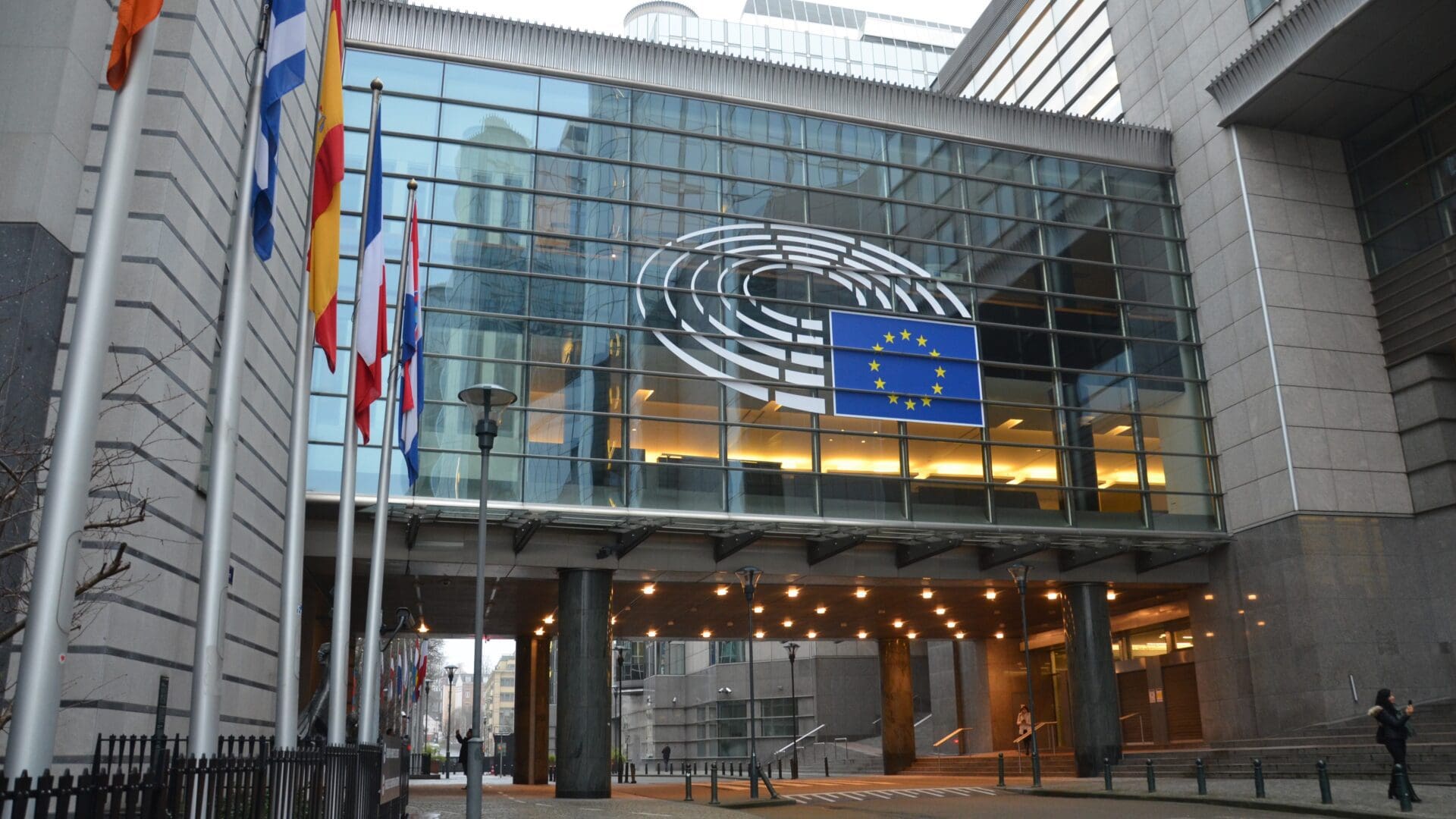Some leading EU member states are looking to abolish the veto power of smaller countries, especially in the area of the Union’s common foreign and security policy. The reform would favour the larger member states while ignoring the opinions of smaller ones, Euractiv has learned.
Under the leadership of Germany, the reform of the approach to decision-making in foreign and defence policy has gained new momentum after years of internal strife on the issue, according to Euractiv. The news website said the reform is supported by a group of nine countries, including Belgium, Finland, France, Germany, Italy, Luxembourg, the Netherlands, Slovenia, and Spain. The member states in question have issued a call for a review of the EU’s common foreign and security policy.
Their goal is to ‘improve the efficiency and speed of our foreign policy decision-making, in view of Russia’s aggressive war against Ukraine and the growing international challenges facing the EU. The EU’s foreign policy needs adjusted processes and procedures to strengthen the EU as a foreign policy actor, and better decision-making is also essential for the EU to be fit for the future,’ they said in their joint statement.
The group advocates for qualified majority voting on key foreign and defence policy issues, rather than unanimous decision-making. If the change was indeed implemented, only 15 of the 27 member states would need to agree for decisions to be adopted, provided they represent more than 65 per cent of the EU’s population of 450 million. The system would obviously benefit France and Germany, the EU’s two most populous countries. While EU member states and institutions generally agree that the bloc acts too slowly too often, especially in crisis situations, previous attempts to change the voting system have failed because smaller countries,
especially those in Central Europe, fear that their political concerns would be ignored.
Opposers of the reform argue that they would be losers if all decisions in foreign and security policy were made by qualified majority voting, as this represents fundamental national sovereignty. Austrian Chancellor Karl Nehammer spoke out against the proposal, emphasising that finding consensus within the EU could be ‘exhausting’ but that it is ‘the added value of democracy and diversity.’
However, there are still numerous obstacles to the reform, as the approval of the simple majority of 14 member states out of the 27 is needed to start negotiations on the amendment, but any legally binding agreement would have to be ratified by all 27 EU member states. Another obstacle is that some EU member states would likely hold a referendum on the issue, a step that had led to the rejection of the constitutional treaty back in 2005. The group supporting the reform claimed their goal is coordination with EU institutions and close cooperation with all member states, and they are inviting other countries to join their reform efforts.








